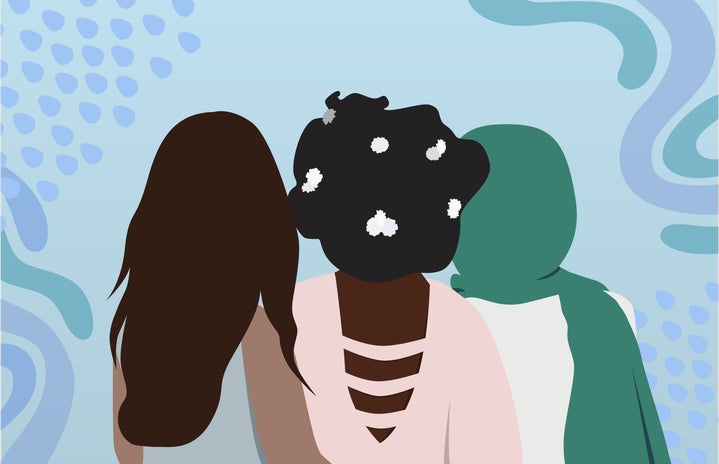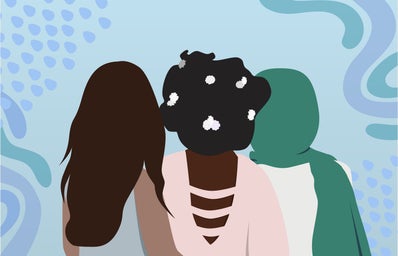The stigma around mental illness is unwavering. Society no longer considers mental illness a taboo conversation, however, the public discrimination and bias towards those with psychiatric disorders remain.
Quite often jokes surrounding mental illness are seen on social media sites. While most are light-hearted, the reality is that off-screen people with psychiatric disorders are seen as “faking for attention,” “unfit for the job” or “weird.” While this societal disapproval is an issue within itself, there is an imperative issue a considerable number of people are not talking about or are blatantly unaware of.
The majority of people have heard about the stresses on America’s healthcare system due to COVID-19. Unfortunately, those who have not been directly affected have not heard of the behavioral health crisis going on in America.
Since before the pandemic, behavioral health services have been underfunded and undervalued, attributing to difficulty in accessing care. The COVID-19 pandemic has only intensified and displayed these long ongoing issues in behavioral health care. In addition, healthcare providers who have been working the frontlines of the pandemic have reported tremendously high rates of psychiatric disorders, some of those including anxiety, stress and burnout.
The CDC reports that one in five Americans will experience a mental illness in a given year. One in five children, either currently or at some point during their life, have had a seriously debilitating mental illness. One in 25 Americans lives with a serious mental illness, such as schizophrenia, bipolar disorder or major depression.
The mental health crisis in America is access to care. There is an alarming behavioral health workforce shortage. Along with a shortage of staff, roughly 12 percent of those who have mental illness are uninsured. For those who are insured, behavioral health units and offices are underfunded and understaffed, meaning it’s close to impossible to get immediate care. Many people are waiting months to see a psychiatrist or therapist, and the truth is, many psychiatric disorders can not wait.
Many of the changes that need to be made cannot be done on a small scale or at a local level. It is imperative to spread awareness and share resources. If the majority of the public is knowledgeable and equipped with the resources, advocating for legislative solutions will become possible. It is crucial to share information and educate others; change can not happen without awareness of the nation’s behavioral health crisis.
Insurance companies must treat mental illness the same way as physical ailments. The same goes for healthcare providers. While the behavioral health crisis can seem overwhelming from many different angles, all change begins with knowledge. I encourage you to do your own research, share what you know and advocate for reformation.
A lot of changes have occurred since the pandemic, some for the better and some for the worse. If you or a loved one are experiencing emotional distress or thoughts of suicide, support is available.
For emotional support related to COVID-19, call the Disaster Distress Helpline at 800-985-5990 or text TalkWithUs to 66746.
For those experiencing a suicidal crisis, call the National Suicide Prevention Lifeline at 1-800-273-TALK (8255) or text the Crisis Text Line by texting HOME to 741741.



